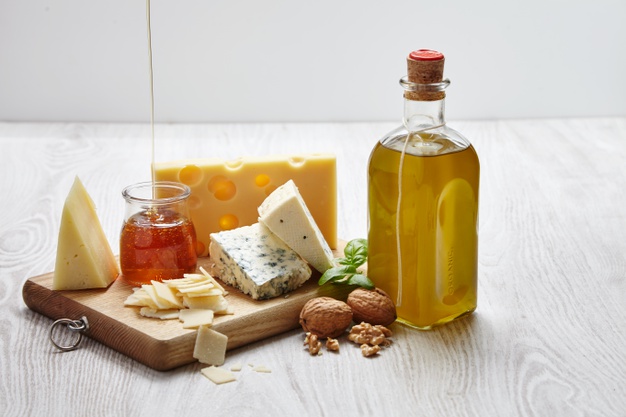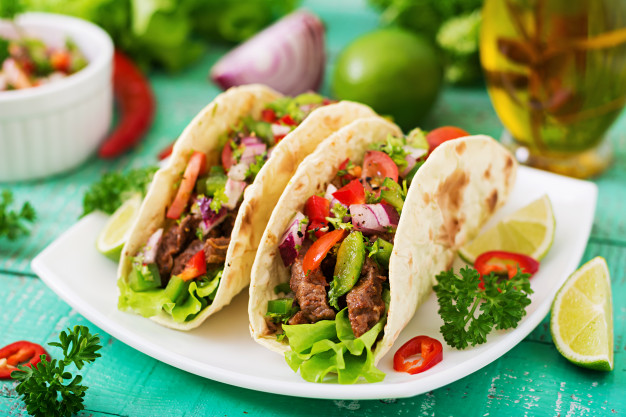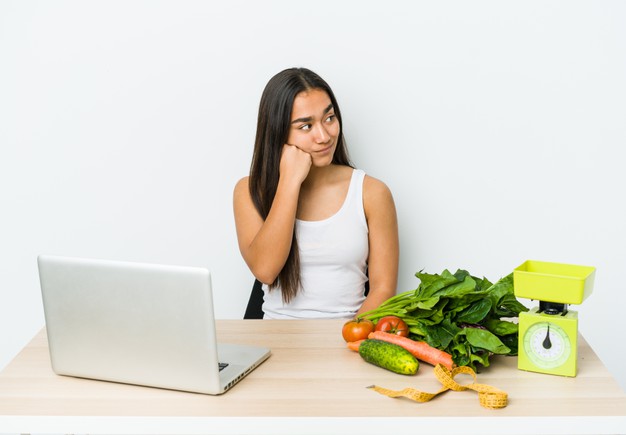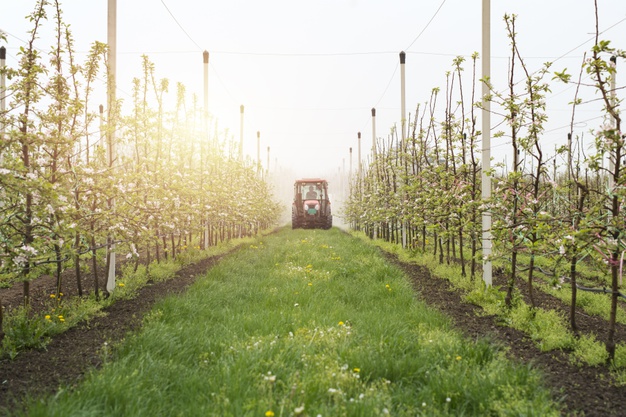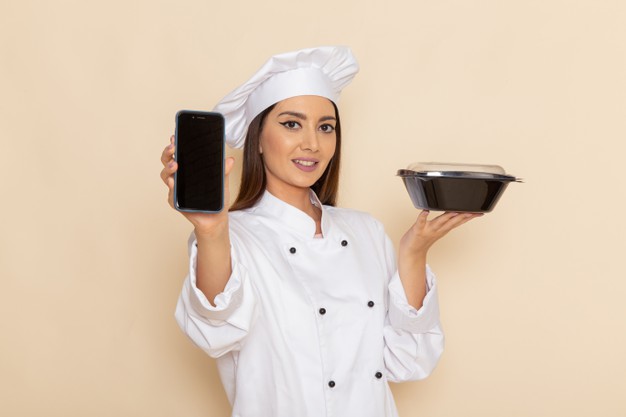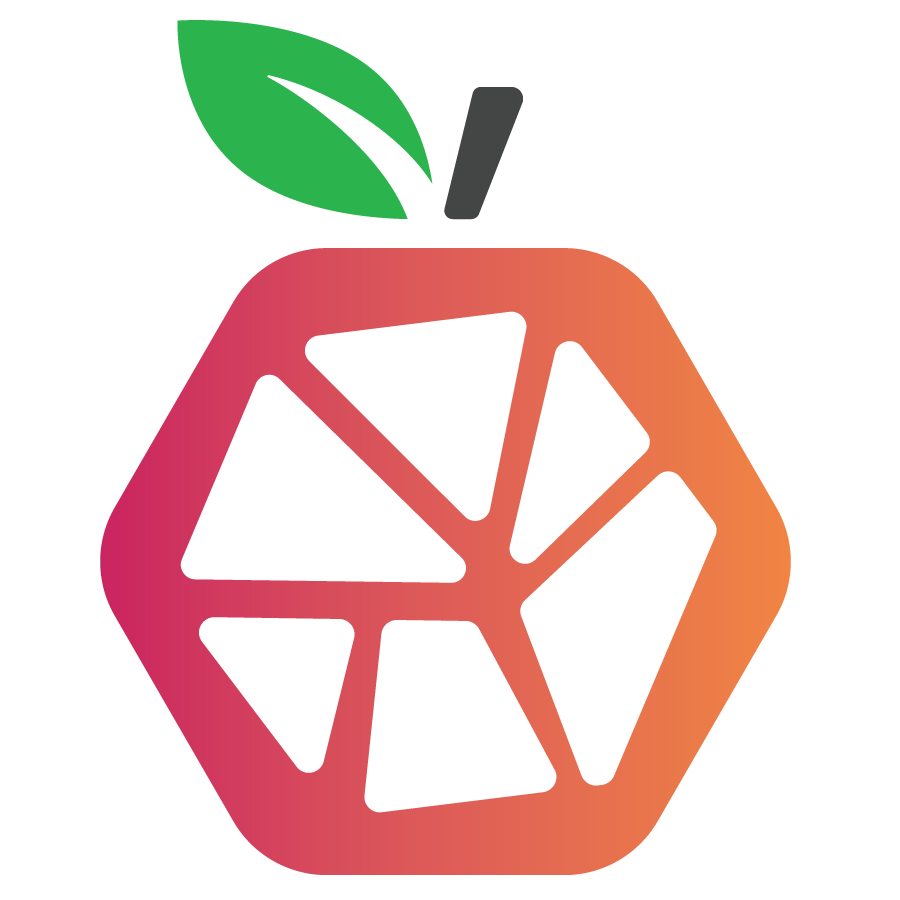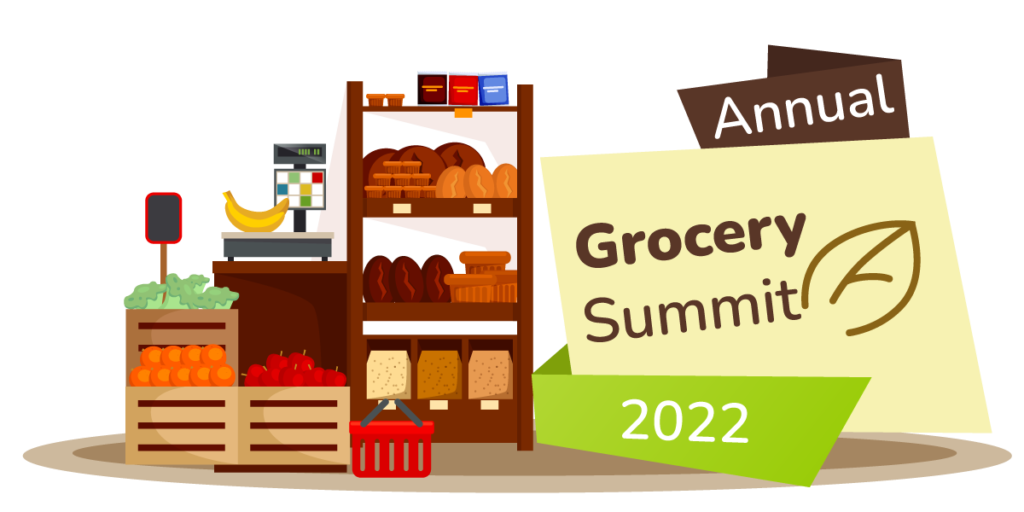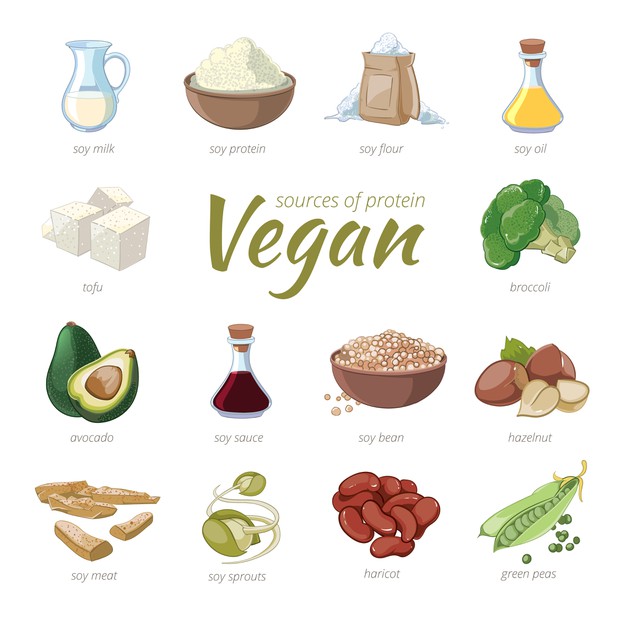
Alternative protein market to reach $290 billion by 2035 if parity is achieved
The alternative protein product market is expected to grow from the existing 13 million metric tons per year to 97 million metric tons by the year 2035. This is only possible if parity is achieved in terms of price, taste, and texture of products like meat, eggs, dairy and seafood. Analysts predict plant-based meat will reach parity with traditional meat within the upcoming five years. Alt protein is not only important for environmentally responsible production but also reduces water usage by 38 billion tons.


